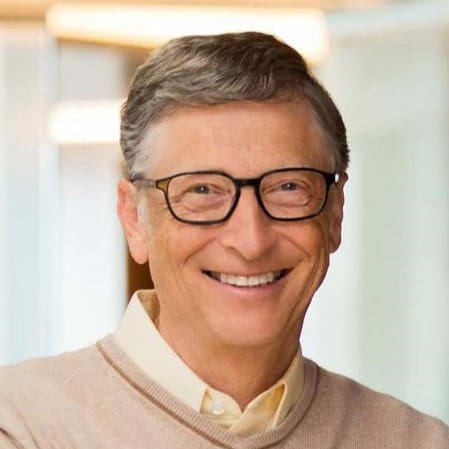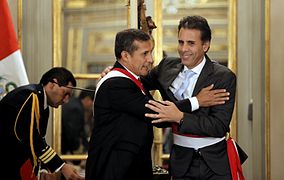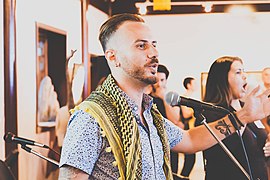Design
Design
Personality
Chart Properties
Your Cross represents the specific theme of your life. This cross embodies your unique potential & the lessons you're here to learn, providing a roadmap to fulfilling your life purpose.
We use the UTC birth time and date to do the calculations required to generate your Human Design chart.
Buy Tokens
Pay as you use, no expiry and no subscription required.Recep Tayyip Erdogan's Biography
Turkish politician serving as President of Turkey since 2014. He previously served as Prime Minister of Turkey from 2003 to 2014 and as Mayor of Istanbul from 1994 to 1998. He founded the Justice and Development Party (AKP) in 2001, leading it to election victories in 2002, 2007 and 2011 before standing down upon his election as President in 2014. He later returned to the AKP leadership in 2017. Coming from an Islamist political background and as a self-described conservative democrat, he has promoted socially conservative and liberal economic policies in his administration.
He graduated from an Imam Hatip school, an Islamic high school, before studying in Marmara University’s Faculty of Economics and Commercial Sciences, where he graduated in 1981. Erdo?an was also a semi-professional footballer from 1969 to 1982.
Erdo?an married Emine Gülbaran (b. 1955, Siirt), whom he met during a conference, on 4 July 1978. The couple have two sons (Ahmet Burak, Necmeddin Bilal) and two daughters (Esra, Sümeyye).
Erdo?an was elected Mayor of Istanbul in the local elections of 27 March 1994. He was banned from office and sentenced to a ten-month prison term for reciting a poem during a public address in the province of Siirt in 1997. After less than four months in prison, Erdo?an established the Justice and Development Party (AK Party) in 2001. From its first year, the AK Party became the largest publicly supported political movement in Turkey. In the general election of 2002 the AK Party won 34% of the vote and nearly two-thirds of the seats in parliament, forming the first single-party government.
As prime minister, Erdo?an implemented numerous reforms. 45 years after Turkey signed an Association Agreement with the EU, the negotiations for Turkey’s accession to the EU started during Erdo?an’s tenure. Parallel to this, inflation, which had for decades adversely affected the country’s economy, was brought under control and the Turkish Lira was re-valued. Interest rates were reduced and per capita income grew significantly. The AK party won the elections of 2007 making it the first time in 52 years that a party in power had increased its votes for a second term. In the 2011 general election, the AK Party was re-elected for a third term and Erdo?an remained Prime Minister.
Erdo?an has been widely considered to be one of the most influential Turkish leaders of the Republican era since Mustafa Kemal Atatürk. Under his premiership, the country continued to grow economically and consolidate its position as a regional power with global ambitions. His foreign policy vision is claimed to rest on Neo-Ottomanism, the policy according to which Turkey should maintain and increase its presence in the lands formerly ruled by the Ottoman Empire.
May and June 2013 saw protests against what large sections of the Turkish public perceive as a growing authoritarianism of Erdogan and his government and his policies, starting from a small sit-in in Istanbul in defense of a city park. After the police’s intense reaction with tear gas, the protests spread all over Turkey.
Link to Wikipedia biography
Recep Tayyip Erdogan
Your Cross represents the specific theme of your life. This cross embodies your unique potential & the lessons you're here to learn, providing a roadmap to fulfilling your life purpose.
We use the UTC birth time and date to do the calculations required to generate your Human Design chart.






